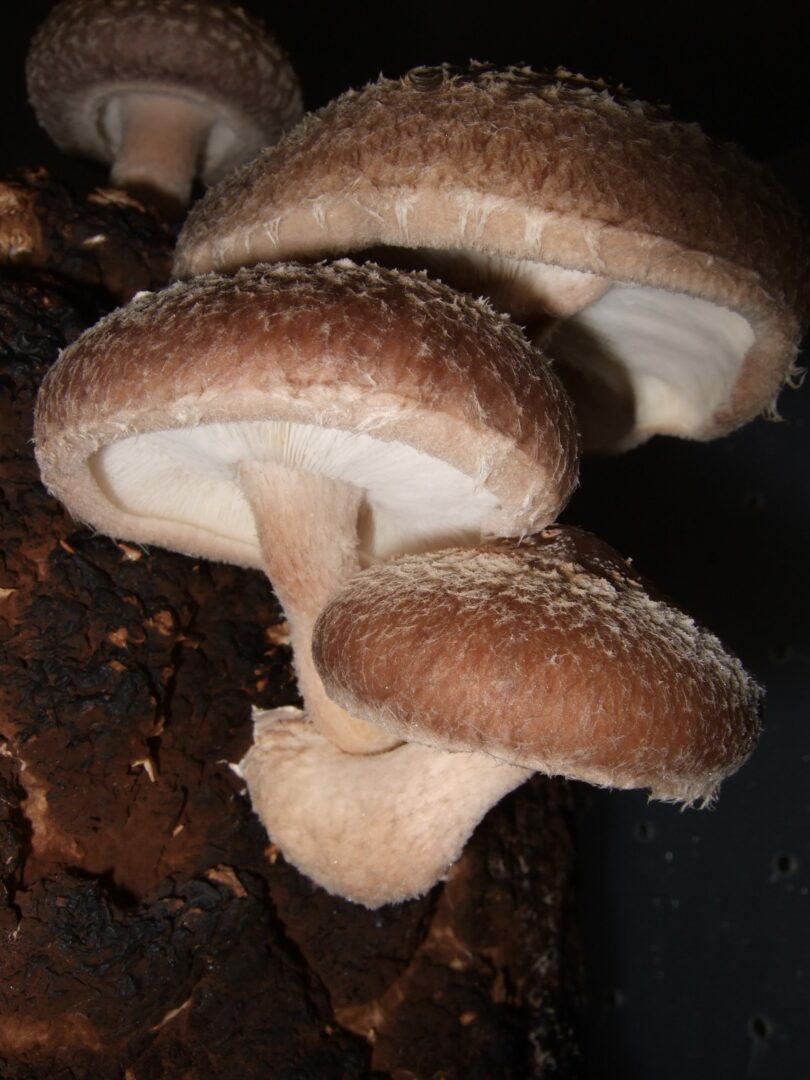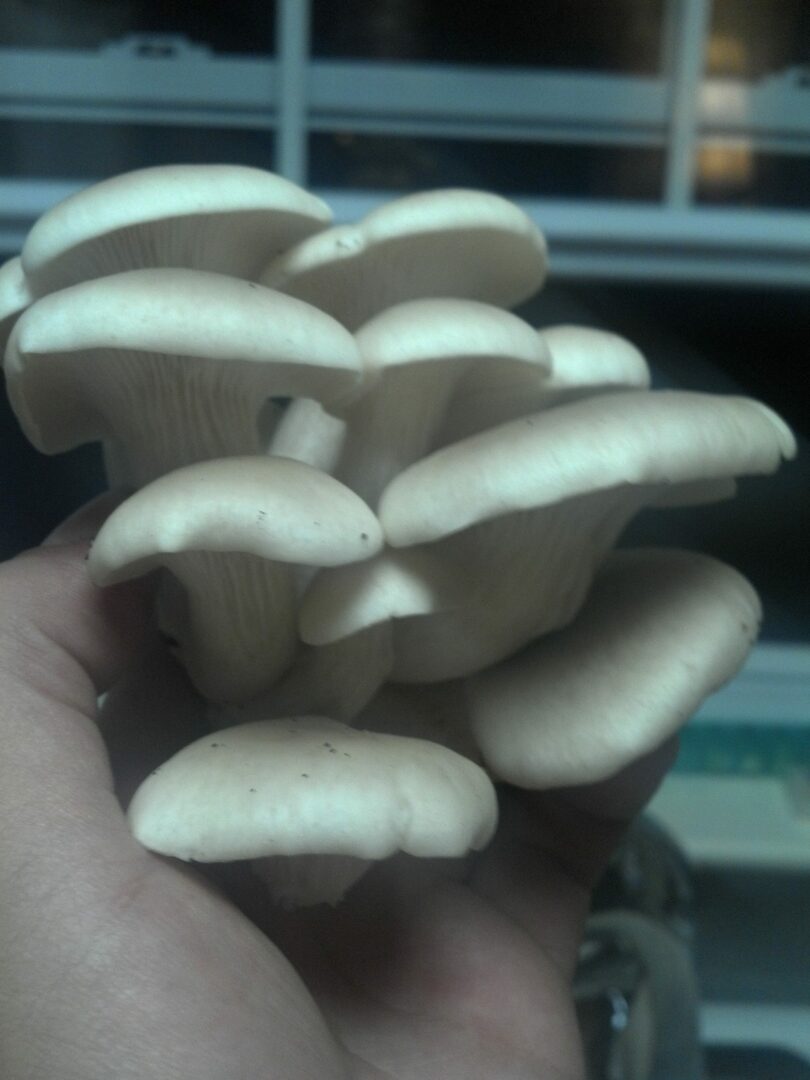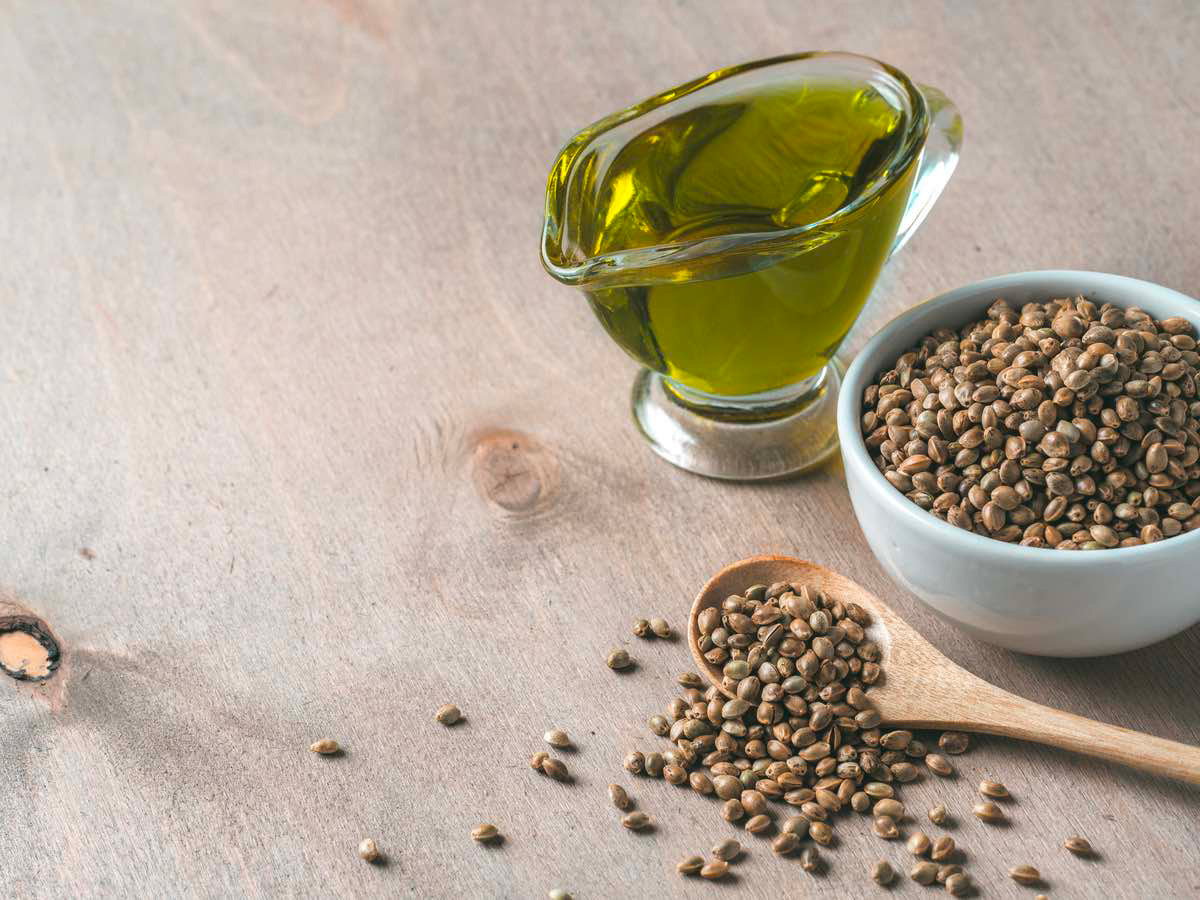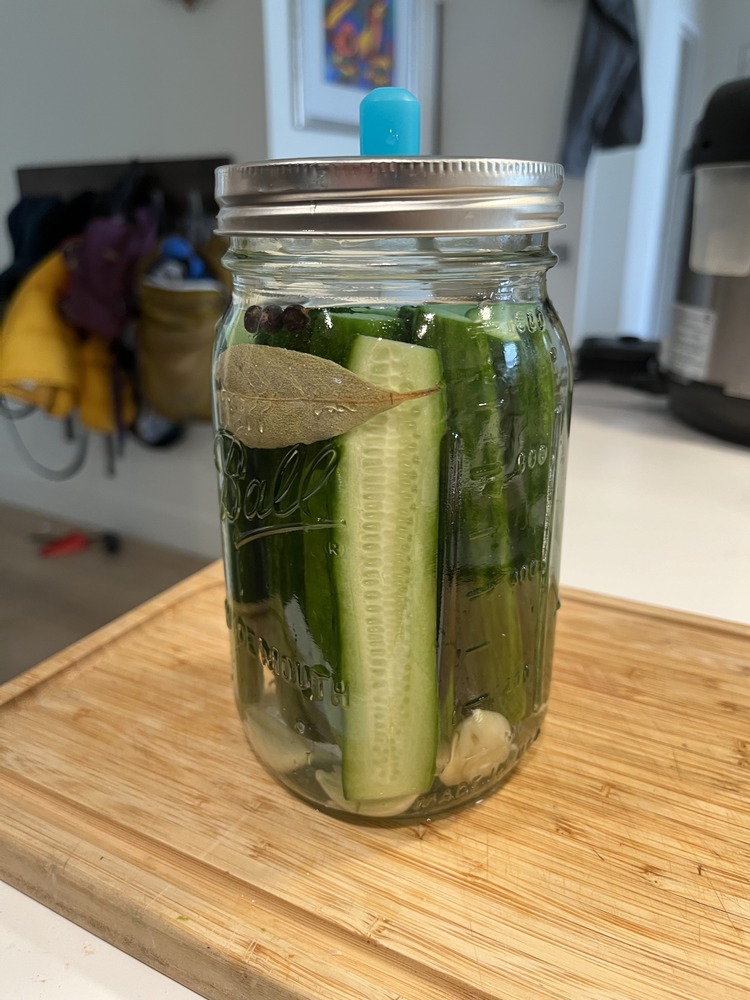Mushrooms are phenomenally versatile organisms. Some are delicious, some are remarkable medicines, and many are both.
When it comes to mushrooms to lower cholesterol, you can have your mushroom and eat it too! In this blog post, we will discuss what are mushrooms and specific mushrooms that have been shown to reduce cholesterol.
Disclaimer
This blog post aims to inform and educate readers. It is not a substitute for professional medical advice. Always consult a healthcare provider or a trained TCM practitioner before starting any new treatment or health practice.
What are mushrooms?
Mushrooms are a type of fungi that play a crucial role in the ecosystem and have been revered in various cultures for their culinary, medicinal, and spiritual significance. Unlike plants, mushrooms do not undergo photosynthesis; instead, they extract nutrients from organic matter, acting as decomposers that break down dead plants and animals, thus contributing to nutrient cycling in the environment.
The part of the mushroom we commonly see and consume is the fruiting body, which emerges from the mycelium—a complex, web-like structure that remains hidden within the soil or its host. This fruiting body produces spores, serving as the mushroom’s means of reproduction. With a vast array of shapes, sizes, and colors, mushrooms encompass a wide range of species, from the well-known edible varieties like Shiitake, Oyster, and Maitake,to medicinal types such as Reishi and Cordyceps.
Beyond their ecological importance, mushrooms are delicious and are celebrated for their nutritional value, being rich in vitamins, minerals, and antioxidants, and for their unique umami flavor that enhances countless dishes across global cuisines.
Many medicinal mushrooms have been used in Traditional Asian Medicine for centuries.
What is Cholesterol?
Cholesterol is a waxy, fat-like substance that is found in all the cells of the body, playing several vital roles in maintaining health. It is essential for the formation of cell membranes, serving as a structural component that keeps cell walls flexible and intact. Beyond its structural functions, cholesterol is also crucial for the production of several important substances, including hormones (such as estrogen, testosterone, and adrenal hormones), vitamin D, and bile acids, which help digest fat.
The body synthesizes most of the cholesterol it needs in the liver, but it is also obtained from animal-based foods, such as meat, dairy products, and eggs. Cholesterol travels through the bloodstream in small packages called lipoproteins, which consist of fat (lipid) on the inside and proteins on the outside. Two main types of lipoproteins carry cholesterol throughout the body: Low-Density Lipoprotein (LDL) and High-Density Lipoprotein (HDL).
Low-Density Lipoprotein (LDL), often referred to as “bad” cholesterol, carries cholesterol particles throughout your body. LDL cholesterol can build up in the walls of your arteries, making them hard and narrow, and increasing the risk of heart disease and stroke.
High-Density Lipoprotein (HDL), known as “good” cholesterol, helps remove other forms of cholesterol from your bloodstream. Higher levels of HDL cholesterol are associated with a lower risk of heart disease and stroke because it carries cholesterol from other parts of your body back to your liver, which removes it from your body.
Maintaining a balance between LDL and HDL cholesterol is important for cardiovascular health. High levels of LDL cholesterol or low levels of HDL cholesterol can lead to a buildup of cholesterol in arteries, known as atherosclerosis, which increases the risk of heart disease, heart attack, and stroke. Thus, managing cholesterol levels through diet, lifestyle, and medication (when necessary) is key to reducing the risk of cardiovascular diseases and maintaining overall health.
How can mushrooms lower cholesterol?
Mushrooms are inherently good at lowering cholesterol due to their high fiber and protein content. Other mushrooms have phytochemicals that help to reduce high cholesterol.
Mushrooms make great protein substitutes for high cholesterol foods. In Asian cuisine, mushrooms are often mixed in a meat dish which reduces the amount of meat that is eaten and adds flavor.

The Power of Mushrooms in Your Diet
Mushrooms have been revered in Traditional Chinese Medicine (TCM) for centuries, not only for their unique flavors but also for their potent health benefits. Modern science has begun to uncover the mechanisms behind the health benefits attributed to mushrooms, including their ability to influence cholesterol levels. This section delves into how Shiitake and Oyster mushrooms, integral to both culinary and medicinal practices, can support heart health by managing cholesterol levels.
Shiitake Mushrooms
Shiitake mushrooms, celebrated for their robust umami flavor, are a delicious addition to fighting cholesterol. This medicinal mushroom’s cholesterol-combatting capability is attributed primarily to eritadenine, a compound that enhances the excretion of cholesterol, thereby diminishing its presence in the bloodstream. Additionally, Shiitake mushrooms are rich in beta-glucans, a type of soluble fiber that impedes the absorption of cholesterol in the digestive tract, amplifying their cardiovascular benefits.
The research underscores the effectiveness of Shiitake in managing cholesterol; for instance, consuming 9 grams of dried Shiitake daily has been shown to reduce total cholesterol by 9-12% and triglycerides by 6-7%. (1) Notably, Shiitake mushrooms do not contain lovastatin—a common ingredient in cholesterol medications—making them a safe complement to prescribed treatments without the risk of adverse interactions.
Beyond their cholesterol-lowering effects, Shiitake mushrooms boast a high protein content, making them an excellent meat substitute for those looking to enrich their diet while maintaining a heart-healthy lifestyle. They are also a nutritional powerhouse, low in calories yet abundant in vitamins B and D, minerals like selenium, and antioxidants that promote overall health.
Allergy Note: Some people are allergic to raw or undercooked shiitake mushrooms, so it is important to fully cook and avoid raw shiitake in these individuals.

Oyster Mushrooms
Oyster mushrooms, recognized for their exquisite delicate texture and rich flavor profile, also play a significant role in supporting cardiovascular health through their cholesterol-lowering properties. Like Shiitake mushrooms, Oyster mushrooms are rich in beta-glucans, a type of fiber that significantly reduces cholesterol absorption in the digestive system. Moreover, these mushrooms contain unique compounds that can inhibit cholesterol synthesis in the liver, further bolstering their heart-healthy benefits. Additionally, Oyster mushrooms are believed to support liver health and may also aid in reducing blood sugar levels, making them a valuable addition to a health-conscious diet. (1,2)
Not only are Oyster mushrooms a culinary delight, enhancing a variety of dishes with their subtle taste, but they are also celebrated for their ability to naturally lower cholesterol levels. This is partly due to their content of lovastatin, a compound also found in cholesterol medications, but present in Oyster mushrooms in natural form. Their ability to meld seamlessly into recipes ranging from pasta and risotto to vegetable sautés makes them an indispensable ingredient for anyone looking to increase their intake of nutrients that are beneficial for heart health.
The Role of Red Yeast Rice
Red Yeast Rice (RYR) stands at the crossroads of culinary tradition and medicinal therapy, a testament to the ancient Chinese principle of using food as medicine. Unlike the previously discussed Shiitake and Oyster mushrooms, Red Yeast Rice is a fermented product derived from white rice that has been inoculated with a specific type of yeast, Monascus purpureus. This fermentation process not only imparts a unique reddish hue but also produces compounds with potent cholesterol-lowering properties, making RYR a distinctive component of both the diet and traditional medicine in China for centuries.
Red Yeast Rice and Its Unique Properties
RYR contains monacolin K, a substance that is chemically identical to the active ingredient in the cholesterol-lowering drug lovastatin. This compound inhibits an enzyme involved in cholesterol synthesis in the liver, effectively lowering LDL (bad) cholesterol levels in the bloodstream.
Numerous studies have validated the efficacy of RYR in reducing cholesterol levels. Clinical trials have shown that Red Yeast Rice can significantly lower total cholesterol, LDL cholesterol, and triglycerides, presenting it as an effective, natural alternative to pharmaceutical statins for some individuals. However, it is crucial to approach RYR with the same caution as one would with other medications, due to its potent effects and the potential for variability in the concentration of active compounds across different products.
Safety and Consumption Guidelines
While the benefits of RYR in cholesterol management are well-documented, safety considerations must be taken into account. The presence of monacolin K, while beneficial, also means that RYR can have similar side effects to statin medications, including muscle pain, liver enzyme elevation, and interactions with other medications. Additionally, side effects such as headaches, hot flashes, and stomach upset have been reported. It is essential for individuals interested in incorporating RYR into their health regimen to consult with a healthcare provider to ensure it is appropriate for their specific situation.
Healthy Habits for Reducing Cholesterol
Chinese medicine has long had a perspective that promoting health takes many factors including diet, exercise, and stress relief to name a few. This is very true for managing cholesterol.
Balanced Diet
A balanced diet, rich in fruits, vegetables, whole grains, and lean proteins, can help maintain healthy cholesterol levels including fruits and vegetables that are Rich in fiber and antioxidants, whole grains, healthy fats and delicious mushrooms.
Stress Management
Stress can have a direct impact on cholesterol levels and heart health. Techniques such as meditation, yoga, tai chi, and qigong can help manage stress, promoting relaxation and emotional balance. Regular practice of these techniques can reduce the body’s stress response, which in turn can help lower blood pressure, improve heart rate, and support overall cardiovascular health.
Avoiding Tobacco
Smoking and excessive alcohol consumption can both negatively impact heart health. Quitting smoking is one of the most significant steps you can take to improve your cardiovascular health lowering your risk of heart disease.
Conclusion
Adding mushrooms to your diet is a delicious and healthy addition to helping to manage your cholesterol. It involves a multipronged approach of eating a balanced diet, engaging in regular physical activity, managing stress, and avoiding harmful habits. Mushrooms alone are not a cure, but they are a healthy and wonderful addition to your healthy diet.
It’s important to remember that while these natural remedies and lifestyle changes hold great promise for supporting cardiovascular health, they are part of a broader health strategy. Always consult with a healthcare provider before making significant changes to your diet or lifestyle, especially if you have underlying health conditions.
1. Powell M. Medicinal Mushrooms: A Clinical Guide. Mycology Press. September 2010.
2. Khatun K, Mahtab H, Khanam PA, et.al. Oyster mushroom reduced blood glucose and cholesterol in diabetic subjects. KA.Mymensingh Med J. 2007 Jan;16(1):94-9.
3. Cicero AFG, Morbini M, Rosticci M, D’Addato S, Grandi E, Borghi C. Middle-Term Dietary Supplementation with Red Yeast Rice Plus Coenzyme Q10 Improves Lipid Pattern, Endothelial Reactivity and Arterial Stiffness in Moderately Hypercholesterolemic Subjects. Ann Nutr Metab. 2016;68(3):213-219.



